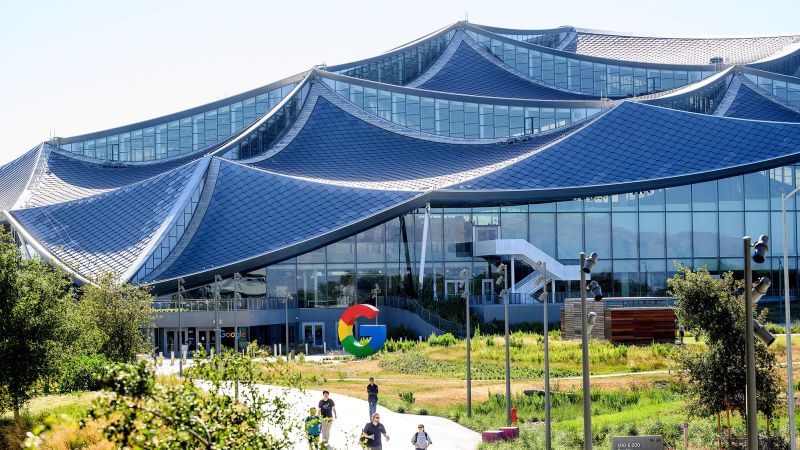South Africa’s top diplomat to Australia has accused the federal government of discriminating against African nations, after travel bans were imposed to try and slow the spread of the new Omicron variant of COVID-19.
Key points:
- South Africa’s Australian envoy says travel bans enacted against Omicron would not have happened if the variant began in Europe
- The high commissioner says Australia’s policy amounts to discrimination
- He says variants were expected and the travel ban was a “knee-jerk reaction”
Flights from nine African countries were stopped last week, following the discovery of the variant.
Australian citizens and permanent residents can still return home via third countries but must go into a fortnight of mandatory quarantine on arrival. All other travellers from the region have been banned.
COVID-19 cases in South Africa have nearly quadrupled in the last four days, putting pressure on the nation’s healthcare system.
South Africa’s high commissioner to Australia, Marthinus van Schalkwyk, argued the situation should be assessed in terms of total case numbers, rather than solely those linked to the Omicron variant.
He said South Africa was still recording fewer cases than countries like the United Kingdom, where travel was not as restricted.
“We believe it is discrimination, because the only difference is these countries are on the African continent, the others are not,” Mr van Schalkwyk said.
“The figures are not even comparable, in terms of deaths and in terms of total numbers.”
Mr van Schalkwyk insisted South Africa had acted as a good global citizen, informing the world of the new variant at the earliest possible opportunity.
“You may recall that when China was alleged to not be transparent, Australia led the campaign and they actually laid down the gold standard of what transparency means,” he said.
“South Africa acted 100 per cent in terms of that gold standard, and the immediate response was a travel ban.
The World Health Organization said on Friday the Omicron variant had been detected in 38 countries.
The high commissioner argued travel bans should not be the first weapon in a country’s arsenal when dealing with a mutation of COVID-19, calling it a “knee-jerk reaction”.
“It was not a bolt out of the blue, all of us said there will be new variants all the time,” Mr van Schalkwyk said.
“Every expert expected new variants to happen — and look at the speeches of senior leaders all over the world, everybody said we should accept new variants.
“It happened, we have all the tools, and at this moment all indications are, it is still early days, that Omicron is much milder than Delta.”
Omicron a reminder to vaccinate the world, says high commissioner
Mr van Schalkwyk said the detection of the Omicron variant in southern Africa should be a wake-up call to developed nations about the need to tackle “vaccine inequity”.
“In the case of South Africa, let me take [it] out of that equation, we have what we want … but there are many other countries that do not,” he said.
“And as have been said by all experts all along, as long as everybody is not vaccinated, nobody in the world is safe.
“What we are seeing now may just be an indication of what might happen in future if we don’t deal with it.”
He argued the COVAX facility, which allows wealthy nations to pour in vaccine doses for smaller countries, had proved to be “quite helpful,” but it was clear more needed to be done.
Loading form…




















Discussion about this post